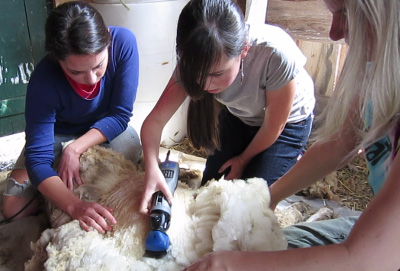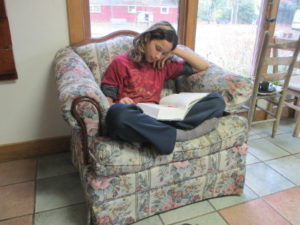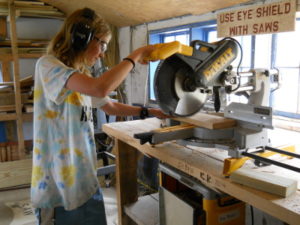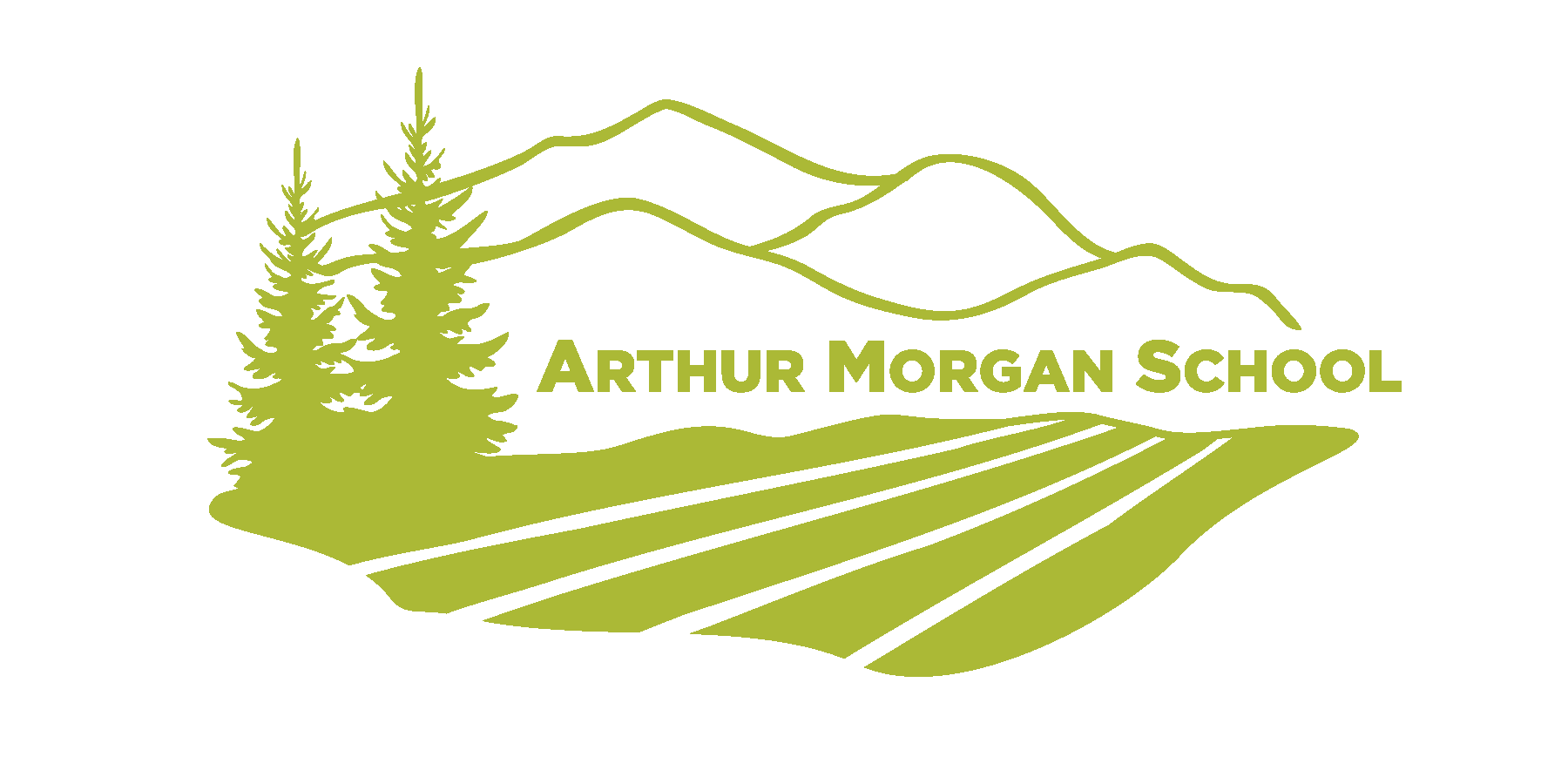What is Montessori Learning?

Even in the 1940’s Maria Montessori understood how the world was changing. She also knew what we needed to do about it.
“…We have lost the “security” of days gone by. The times when a profession was quietly handed down from father to son are past. The certainty of a good job which rewards diligent study is lost. The family is no longer able to guarantee this as it used to be able to. Neither is the state in condition to assure employment to citizens aiming at higher professions when they come out of specialized schools. We must now face new difficulties to which the insecurities of modern conditions have given rise.
The world is partly in disintegration, partly in reconstruction. The succession of progress and recession creates instability. The world is comparable to terrain being tested by the plough.
Under these social conditions we must remember that the only sure guide for education is the very personality of the children to be educated.”
 As an educational program, it is Arthur Morgan School’s responsibility to consider the social realities of our times because we are committed to preparing our students to live within them. We owe it to our students to assist them in developing the kind of “supple and live” adaptability Montessori mentions to face the difficult conditions that lie ahead of them. They are the first generation in a long time that will confront a world that is in many ways worse off than the one we confronted when we were young.
As an educational program, it is Arthur Morgan School’s responsibility to consider the social realities of our times because we are committed to preparing our students to live within them. We owe it to our students to assist them in developing the kind of “supple and live” adaptability Montessori mentions to face the difficult conditions that lie ahead of them. They are the first generation in a long time that will confront a world that is in many ways worse off than the one we confronted when we were young.
The teachers and house parents at Arthur Morgan School, in keeping with Montessori philosophy, support our students knowing that it is actually the children who will guide all of us. This approach toward education is grounded in two basic premises: that there is dignity in all kinds of work and that all of humanity is worth working for. These notions are inspirational and—especially when confronted with sad and difficult news in the media—they provide good reasons for optimism.
The way our students engage with real work while at the school, through ongoing work projects and the farm-based activities linking the garden and food preparation, is particularly meaningful and a good reason to celebrate our unique educational program. Montessori would say that young people are in search of valorization…the kind of “work of the hand” that allows them to feel their own worth and power by accepting a challenge and overcoming it. Not only are they provided with a concrete link to academic concepts such as food sustainability, environmental stewardship and a good grounding in engineering, they are engaging in sequences and skills that will prepare them to confront real-life problems in a way that adults face similar challenges in life and the work place.
 Montessori reminds us that our students leave elementary school with a burgeoning sense of what it means to find their place in society and they come to the adolescent community with a desire to act upon it. She would remind us that the elementary child asks us to “Help me do it myself” and the adolescent asks, “Help me think for myself.”
Montessori reminds us that our students leave elementary school with a burgeoning sense of what it means to find their place in society and they come to the adolescent community with a desire to act upon it. She would remind us that the elementary child asks us to “Help me do it myself” and the adolescent asks, “Help me think for myself.”
Montessori also recommended that adolescents engage in activities that actually support their learning environment. She suggested that they learn “economic independence” by maintaining their school through running a working farm and selling what they produce to fund the school. While our students do not receive money in exchange for the value of their work, they understand the ways that their work is vital to the school. The school relies on the farm products for a majority of the food we consume each year. Similarly, crafts made in the pottery studio, forge and wood shop outfit their homes in the boarding houses. They maintain our vehicles. The list is endless.
It is incredibly important for our young people to understand the necessity of giving back to their community in order for that community to grow and thrive. Simply put, our students at Arthur Morgan School learn to make the world better by helping to make their community better. Developing these habits of caring for the place and people where you live, the seeds of community activism, surely is the best way to build potential for effective citizenship in the future.
By Margaret Borrego Brainard, Board Member
